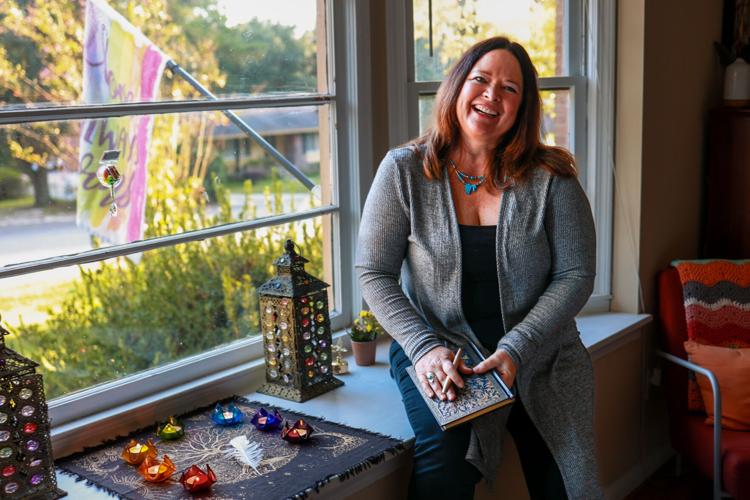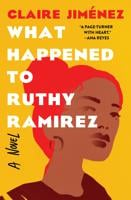COLUMBIA — The Jasper Project has announced its selection for this year’s ONE BOOK project: the eco-futurist, eclectic “Beaver Girl” by local author Cassie Premo Steele.
The project, which is also supported by One Columbia and All Good Books, encourages the entire Columbia community to join in reading one book over the course of the summer. Cindi Boiter, executive director of the Jasper Project, said the idea originated in Seattle in the 1990s as a way to bring a community together through literature. Since then, it has spread across the country and is a way for the Jasper Project to shine a light on local artists.

The book cover for "Beaver Girl," the latest novel from Columbia-based author Cassie Premo Steele.
“I like the role that our local authors can play in the lives of other writers and other would-be writers by encouraging them, making them realize that their neighbors are writers or someone they go to church with or someone who goes to the same coffee shop as them,” Boiter said. “We like making sure that people know who our artists are.”
What is "Beaver Girl" about?
Steele’s “Beaver Girl” is set in Columbia. The book follows Livia, a 19-year-old girl living alone in a world devastated by a pandemic and climate crisis. As wildfires begin to encircle her home, she retreats to the Congaree River, where she finds a family of beavers that become crucial to her survival.
While much of the book is from Livia’s perspective, Steele employs another narrator as well: Chap, the father of the beaver family Livia befriends. Steele said while it’s a bit unusual for adult books to give animals that level of subjectivity, she used it very intentionally.
“I wanted to show readers that nature does have a voice and that the natural world is still here and has the potential for healing,” Steel said. “It's a book about the Columbia and Congaree biosphere region, but really the larger message is that humans and the natural world can learn to speak to each other.”
Beavers emerged as key to the book when Steele listened to an episode of Science Fridays featuring Emily Fairfax, assistant professor of geography at the University of Minnesota. Fairfax spoke about the role beavers play in habitat preservation. Beavers are a keystone species, meaning they have a huge impact on the environments they live in. Fairfax found that environments with beaver damming are more resistant to wildfires as they create an area too wet to burn.
After hearing this, Steele began to research beavers and found a network of people (#beaverbelievers) who saw beavers as a key part in the fight against climate change. Steele wanted to incorporate this research into her book, giving it an emotional foothold so readers could access ideas they might not normally entertain.

Cassie Premo Steele at her home in Columbia
“I think literature allows us to feel the feelings associated with an event," Steele said. "And so by bringing science education into a story that people can connect with in an emotional way, I think that it conveys kind of the lessons and brings us together as a community”
"Beaver Girl" book club events slated throughout summer
For Boiter, choosing “Beaver Girl” for this year's project made sense. She said Steele has been a fixture in the Columbia writing community for years, and her story hit so close to home. Boiter is also excited by the events that will go on around the book reading: Steele will host a tour of Congaree National Park, there will be a panel discussion about the biodiversity at Congaree at The Nick on Main Street and Dr. Fairfax will join Steele for a Q&A discussion.
In addition to these events, the Jasper Project is holding a contest, inviting artists to respond to “Beaver Girl” through their own visual art, poetry or music. Boiter said it was important to have the contest and planned events as a way to bring more people together and encourage thinking about the ideas the book raises in a deeper way.
“I really don't think that you can record history until the artists have processed it," Boiter said. "You can write down what happened, but it's the expression of the sentiments that are elicited whenever you realize something happened, that's what creates a history that people can sink their teeth into and that will continue to resonate with people.”
Boiter and Steele hope this project enables Columbia to process the environmental themes of the book together and start a conversation about what comes next.
Five LGBTQ+ creatives who call Columbia on their art, their identities and why they choose to stay in the South.










